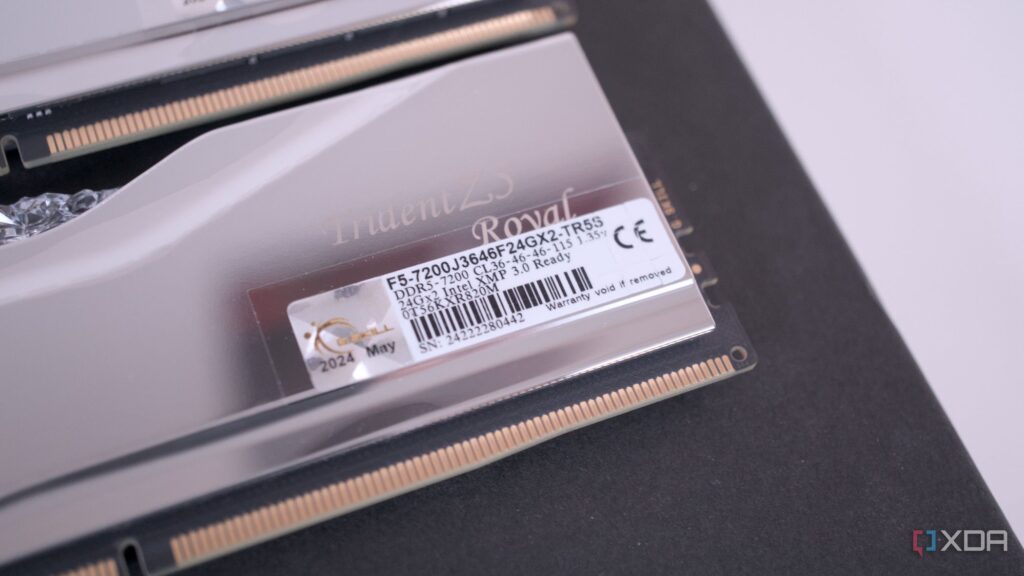
URGENT UPDATE: Tech experts are warning PC builders to reconsider their approach to enabling XMP and EXPO profiles for RAM, as the fastest options may not provide the best stability. This revelation comes amid increasing reports of system instability among gamers and PC enthusiasts utilizing DDR5 memory.
Recent findings show that while enabling XMP (for Intel) and EXPO (for AMD) is critical for maximizing RAM performance, selecting the highest frequency profile may lead to unexpected crashes and system failures. Many users are experiencing issues when populating all four RAM slots, where the sensitive nature of DDR5 signals makes it challenging to maintain stability at maximum speeds.
7,200MT/s and 8,000MT/s profiles are tempting, but experts caution that a lower frequency might actually result in a more reliable system. Users are advised to explore slower profiles in the BIOS, as these alternatives can help mitigate random game crashes and boot problems without significant performance loss.
“When it comes to RAM, speed means nothing without stability,” warns a leading tech analyst. Users may find the JEDEC standard to be the most stable setting, but they should also experiment with other available profiles to find a balance that ensures consistent system performance.
Switching from 6,000MT/s to 5,200MT/s could yield noticeable performance drops, but transitioning from 7,200MT/s to 6,400MT/s might not affect overall performance significantly. Most common use cases still find their sweet spot around 6,000MT/s, making it essential for users to test various settings for the best results.
Additionally, the timing of RAM can often outshine sheer frequency. A slower profile with tighter timings could enhance overall system responsiveness, making it crucial for users to evaluate both frequency and timing when configuring their memory settings.
This urgent advice is crucial as PC gaming and performance computing continue to grow in popularity. Users are encouraged to take immediate action by revisiting their RAM settings and considering the implications of their choices on system reliability.
As the tech community buzzes with these latest revelations, many are sharing their experiences and solutions across forums and social media, amplifying the conversation about RAM stability in the era of high-speed computing.
Stay informed and adjust your settings to safeguard your system today!






